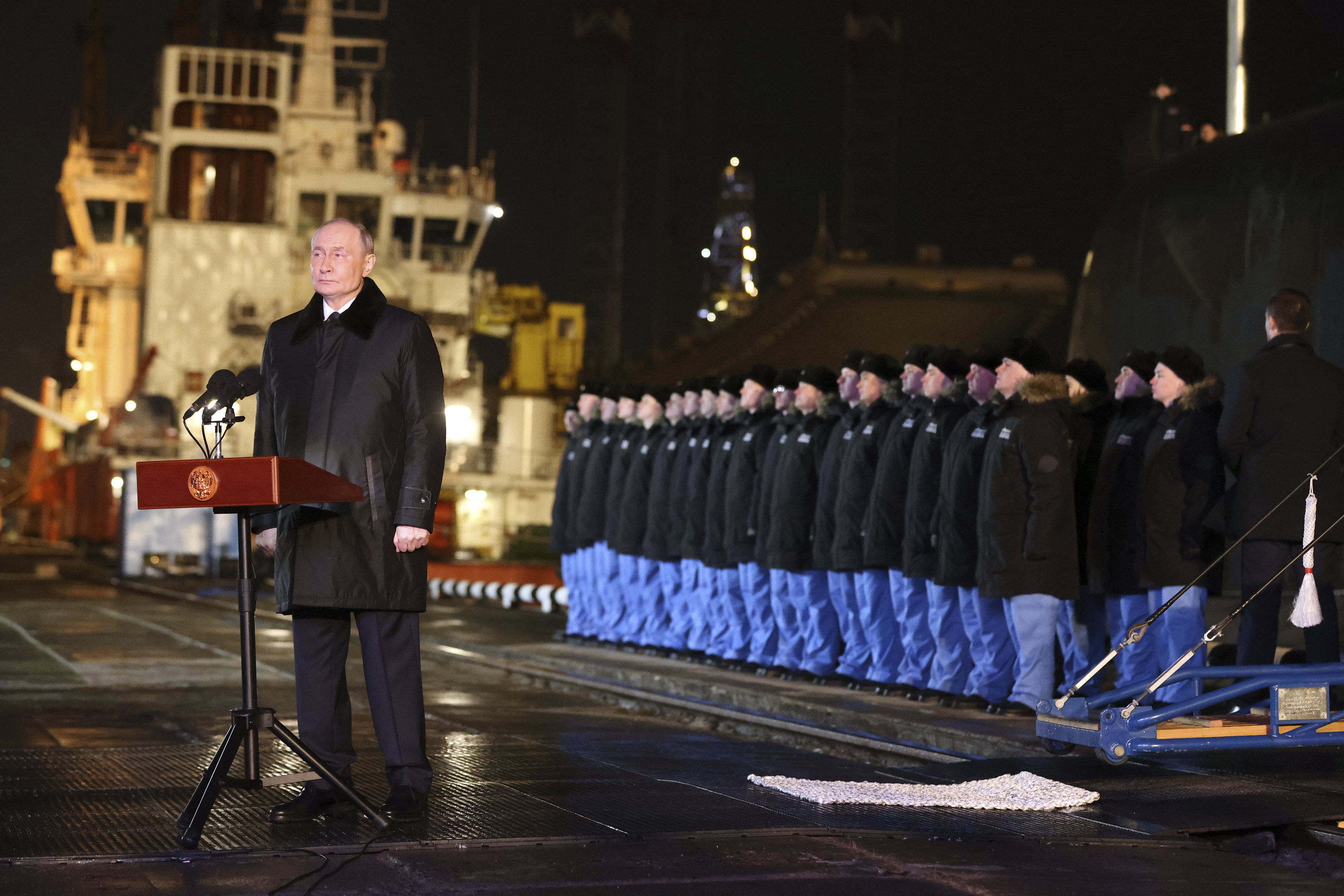Vladimir Putin has proposed on Friday to establish a "transitional administration" in Ukraine under the supervision of the UN to organize a "democratic" presidential election and then negotiate a peace agreement with the new authorities in Kiev, as reported by Afp.
Amidst the maneuvers of the United States to quickly end over three years of conflict, Putin also stated that his troops "have the initiative" across the front and expressed confidence in "defeating" the Ukrainian army.
These statements during a visit to Murmansk, in the northwest of the country, come after a week of diplomatic contacts by the United States with both parties in Saudi Arabia.
"We could of course talk with the United States, also with European countries, and obviously with our partners and friends, under the supervision of the UN, about the possibility of establishing a transitional administration in Ukraine," Putin said.
"For what purpose? To organize a democratic presidential election that would result in the arrival of a competent government trusted by the people. Then, to start negotiations with these authorities on a peace agreement and to sign legitimate documents," he continued.
The Kremlin leader stated that "within the framework of UN peacekeeping activities, transitional administrations have been used on several occasions."
After the meetings in Saudi Arabia, the United States announced on Tuesday an agreement to halt hostilities in the Black Sea, but Russia later set conditions such as the end of Western sanctions against Moscow.
Gathered on Thursday in Paris, Kiev's European allies ruled out lifting these sanctions and also discussed possible security "guarantees" for Ukraine, although they did not agree on sending troops in a potential peace deal.
The arrival of Donald Trump at the White House and his rapprochement with Moscow have raised fears in Ukraine and its European allies about the possibility of a peace deal with conditions beneficial to Russia.
In his early morning meeting with Russian marines in Murmansk, Putin emphasized that his troops "have the strategic initiative" across the front line. "There are reasons to believe that we will defeat them," he stated.
"We are progressing, perhaps not as fast as we would like, but with persistence and certainty, towards achieving all the objectives announced at the beginning of the offensive in February 2022," he assured.
At that time, Russia justified its operation for the "demilitarization" and "denazification" of Ukraine, whose aspirations to join NATO are perceived as a threat from Moscow.
